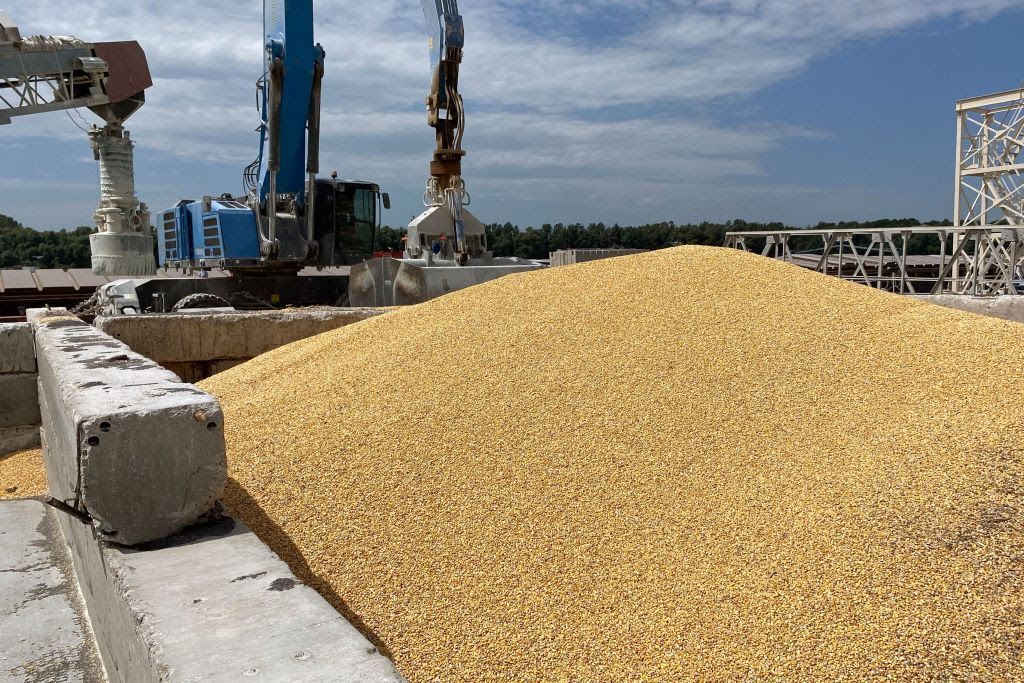Euractiv: Bulgaria urges tariffs and quotas on Ukrainian grain imports to EU

The Bulgarian government urged the European Commission to introduce tariffs and quotas on Ukrainian imports to the EU to satisfy Bulgarian grain, oil, and livestock producers, Euractiv reported on Jan. 23.
Ukrainian imports to the EU rose after the bloc instituted a free trade regime in early 2022 to alleviate the country's economy amid an all-out war. Ukraine's cheaper grain imports raised worries among its European neighbors, who complained of uneven competition and logistical bottlenecks.
Bulgaria, Hungary, Poland, Romania, and Slovakia sent a joint letter to EU Trade Commissioner Valdis Dombrovskis and EU Agriculture Commissioner Janusz Wojciechowski last week saying that their farmers were "suffering significantly" since the EU lifted relevant restrictions in 2022.
The Bulgarian Agriculture Ministry insists that duties must be paid for Ukrainian products if quota volumes of duty-free imports are exceeded, Euractiv wrote.
The volumes must be "in line with market logic and processing capacities" and should provide "more clarity and security for both producers and processors," the ministry said.
Otherwise, the current situation may lead to a decrease in local production, which "in the long term may disrupt the country’s food security."
Euractiv said the ministry admitted that there has been no analysis of how introducing tariff quotas and duties will affect Bulgarian production. The ministry also did not have a clear idea of whether it would increase inflation.
Bulgaria has a large production capacity for sunflower oil and biodiesel, but it does not produce enough sunflower seed for its capacity and is heavily dependent on Ukrainian imports.
"Introducing tariffs on Ukrainian sunflower and rapeseed seeds would make Bulgarian production unsellable on world markets," Euractiv noted.
The agricultural import spat between Ukraine and eastern EU members escalated last year.
After an appeal by Poland, Bulgaria, Romania, Hungary, and Slovakia, the EU temporarily banned grain and several other select agricultural imports in these five countries between May and September 2023. These governments have largely continued the ban past the EU's expiration date.









